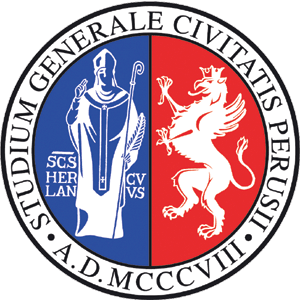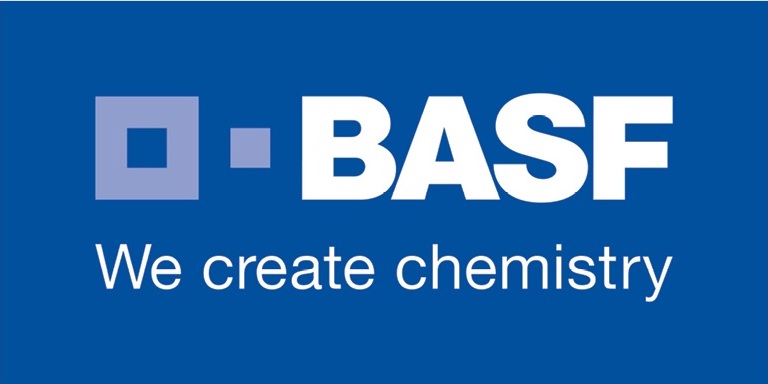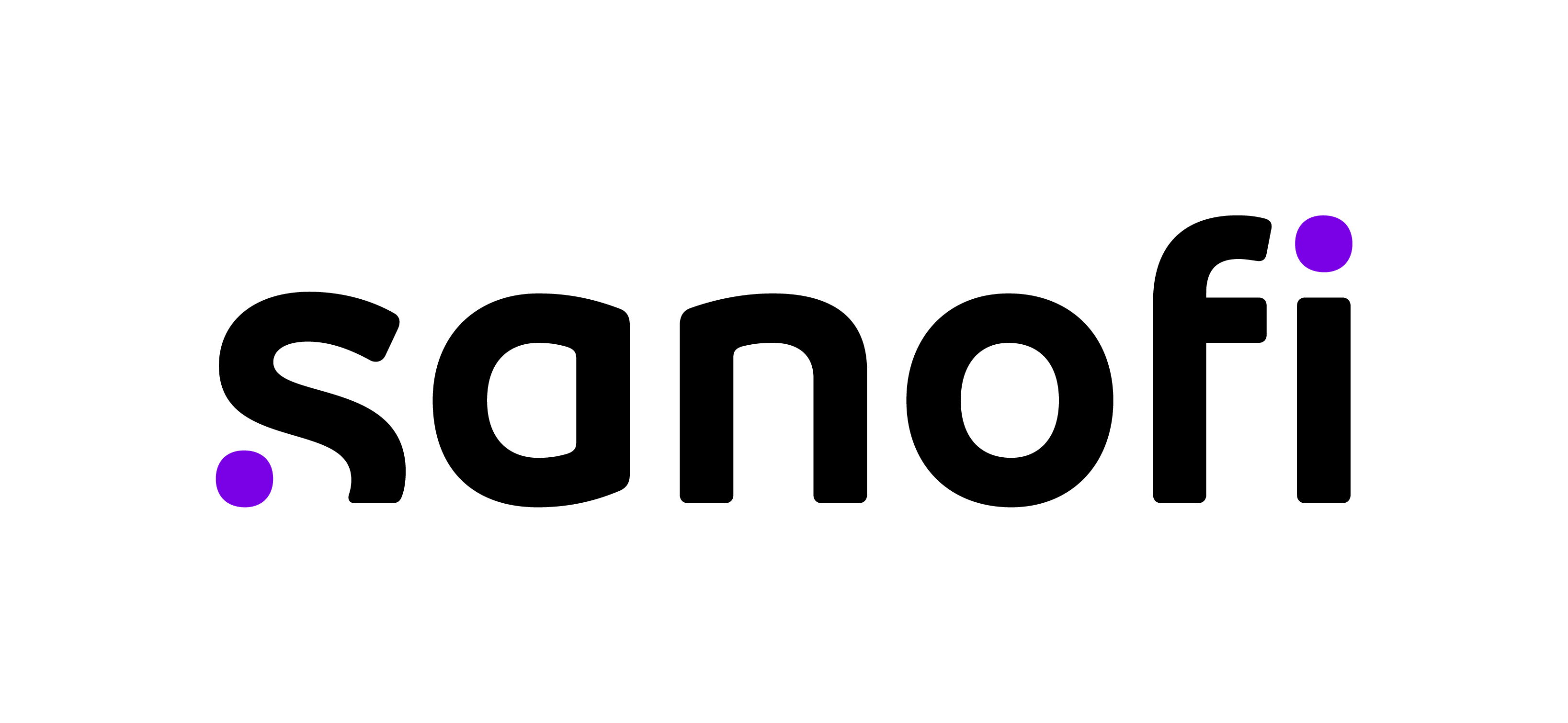Pharmaceutical imaging, pharmacogenomics, pharmacoepigenetics and
individualised medicines as well as artificial intelligence represent challenging topics
for drug design and discovery.
International competitive research activities in these fields need
optimised computational tools for data mining, data management and
transformation of data to knowledge.
This prompted a group of scientists to establish EUROPIN - a structured, highly
interconnected training through research PhD program on the efficient and
innovative use of information technologies and computational approaches
in the drug discovery, design and development processes.
Initially supported by a grant from ERASMUS-Mundus, the EUROPIN PhD Program
started on Oct 1st, 2009, at 7 European Universities.
The curriculum addresses the field of knowledge management,
one of the main bottlenecks identified in the drug discovery and
development process.
It offers a comprehensive training schedule that allows the PhD students to
communicate with - and learn from - a broad panel of experts in the field.
Embedded in a pan-European framework in the field of Pharmacoinformatics,
our students receive strong competences in all aspects of computational methods
necessary for successful application in Pharmacy and Health Sciences.
Within summer schools and workshops, experts from pharmaceutical industry
and SMEs are invited to present their needs and the current state of the
art in the field.
Training in enabling skills, such as fund raising, project management,
and entrepreneurial spirit, completes the program.
Quality assurance and continuous evaluation by an external advisory
board from Industry assures a dedicated and top level program.
The EUROPIN Partner Universities and Principal Investigators.

Prof. Marco Mor
Prof. Gabriele Costantino

Prof. Maciej Baginski

Prof. Antonio Macchiarulo

Prof. Manuel Pastor
Prof. Ferran Sanz
Leading industrial experts in computational drug discovery evaluate our students at retreats and summer schools. Our Scientific Advisory Board members are:
Supported by:



EUROPIN is actively supported by Prof. Gerhard Ecker by integrating talk from EUROPIN students and applicants into his EUROPIN Summer School on Drug Design in Vienna taking place every second year. In the years in between, a EUROPIN retreat is organized as separate event.
The EUROPIN retreat 2025 will take place during the EUROPIN Summer School on Drug Design 2025 from September 14-19, 2025. Eight senior EUROPIN student talks were selected to be part of the main program. The >dedicated EUROPIN session will take place on September 19, 2023.
The EUROPIN retreat 2023 will take place during the EUROPIN Summer School on Drug Design 2023 from September 10-15, 2023. Eight senior EUROPIN student talks were selected to be part of the main program. The dedicated EUROPIN session will take place on September 15, 2023.